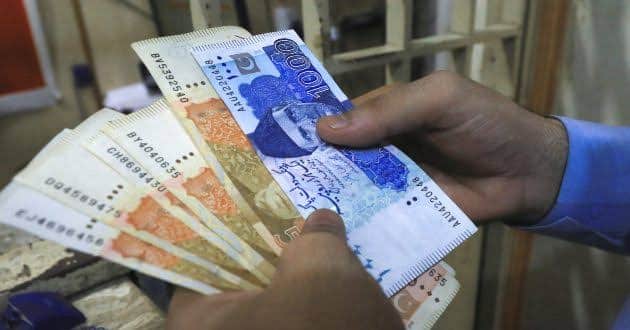In the first nine months of the current financial year, salaried individuals in Pakistan have paid a record Rs. 391 billion in income tax. This amount is 1,420% more than what retailers contributed, which was just Rs. 26 billion.
Even though tax collections from salaried people increased by 56% compared to last year, they still carry the biggest tax burden. They now contribute nearly 10% of the country’s total income tax. However, they do this without receiving any major relief, exemptions, or deductions from the government.
On the other hand, the non-corporate sector paid Rs. 166 billion, and the corporate sector paid Rs. 117 billion in taxes. This clearly shows that salaried employees are paying more in taxes than many businesses and companies.
Retailers, in particular, continue to avoid paying fair taxes. While the government has tried to bring them into the tax net, progress has been slow. Many small businesses and traders operate without proper documentation and often underreport their earnings to avoid paying taxes. Despite being a large part of the economy, their tax contributions remain very low.
This situation has caused frustration among salaried workers, who feel they are being unfairly targeted while others manage to escape the system. With no proper tax relief and rising inflation, the pressure on this segment of society keeps growing.
At the same time, FBR has missed its revenue targets, raising concerns about the fairness and efficiency of the tax system.
Experts believe that for the system to work better, all income groups – especially retailers and small business owners – must pay their fair share. Until then, the burden will keep falling on the salaried class, who are already paying more than their share.


